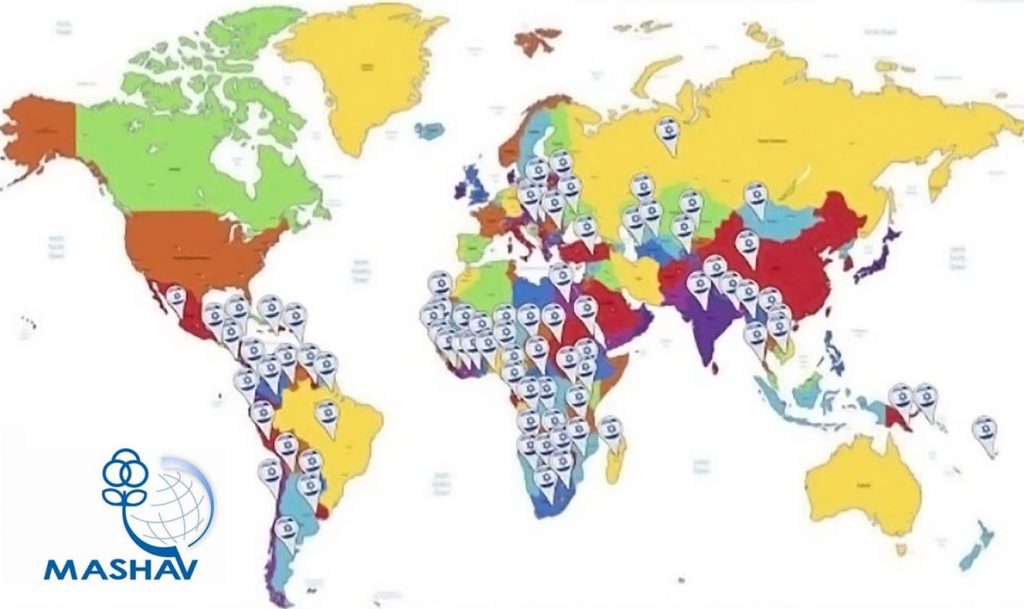
Worldwide activity by Israel’s Agency for International Development Cooperation (“MASHAV”)
By Sam Gordon
With the U.S. trumpeting an “America First” foreign policy, alongside draconian cuts planned for vital aid agencies like USAID, and China visibly increasing aid to the developing world, a new era of development assistance is dawning. This shift is coinciding with what the World Economic Forum is calling the “Fourth Industrial Revolution.” Data, AI, and the Internet of Things will redefine development in the 21st century, and countries at the forefront of innovative new technologies will gain a distinct competitive advantage.
Israel has already been globally recognized as a leader in innovation and technology, and it is now leveraging its technological advances into methods which are helping to redefine how foreign aid is delivered. This technological expertise, combined with its culture and history, grants Israel a unique angle in providing development assistance and establishing relationships with other countries through “development diplomacy.”
The government of Israel delivers aid through an organization called MASHAV, a Hebrew acronym for “Israel’s Agency for International Development Cooperation.” The organization represents an “official development assistance” model, in which a national government provides funding for development projects.
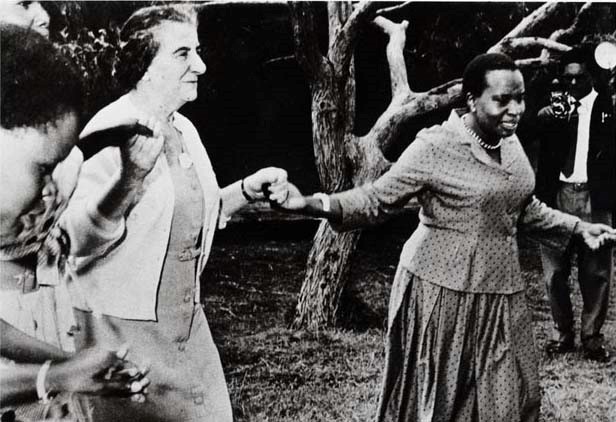
Israeli Prime Minister Golda Meir dancing with Ngina Kenyatta, wife of the first Kenyan Prime Minister Jomo Kenyatta, on a 1963 trip.
Former Israeli Prime Minister Golda Meir established MASHAV in 1957 to reach out to nations in Africa and Asia. Today, MASHAV operates out of Israel’s Ministry of Foreign Affairs and partners with 132 countries as diverse as Ethiopia, Vietnam, and Guatemala. MASHAV seeks to focus on areas where Israel has a competitive advantage, such as technology, water, and education. It also places emphasis on sectors in which it has learned lessons during its own experience transitioning from a newly independent nation to a high-tech power.
This model relies on the use of Israeli experts to build up “human capacity” on the ground by training the next generation of professionals in developing countries, teaching them skills they can use to improve their society. To date, Israel has trained over 280,000 individuals.
Training and technology
One recent example of Israel using training and technology to redefine aid is the Indo-Israel Agriculture Project (IIAP). This project was initiated in 2008 and is jointly operated by the Israeli embassy, the Indian national and state government, the Indian Agriculture Ministry, and MASHAV. The project trains 20,000 farmers a year through Agricultural Centers of Excellence; there are twenty Centers of Agricultural Excellence currently operating throughout India, with an additional seven under construction.
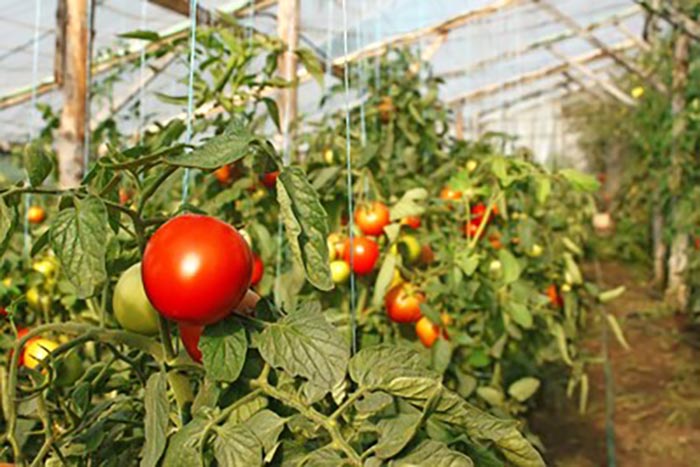
Greenhouse tomatoes grown through the IIAP (Indo-Israel Agriculture Project) using Israeli techniques
The project’s goal is to boost farmers’ crop productivity by employing advanced Israeli technology and leveraging Israel’s specific expertise in agriculture. Centers are created based on a consultation that considers overlapping sectors of need in India and experience in Israel. Examples include beekeeping, vegetable cultivation, and dairy production.
Part of the IIAP involves using “big data, with drones, with other instruments of technology” to determine the proper water needs for each individual plant on a farm. Adviser to the India-Israel CEO Forum Sunil Parek sees the possibilities: “special agriculture technology for targeted plant-single plant-based nutrient supply system[s] can… reduce water requirements & input costs in agriculture significantly.”
Israel is hoping that investing in India’s development will pay diplomatic dividends by, for example, increasing trade and promoting a future alliance. This case also reveals trends that will become prevalent in the Fourth Industrial Revolution. Though Israel has eight million citizens and India over a billion, it is Israel’s innovation that is driving the relationship.
A legacy of foreign aid
Technology is clearly a factor in how Israel is redefining aid, but Israel’s culture and history also play a vital role. There is a biblical connection in why the Jewish State is committed to providing international aid: Israel has a desire to be viewed as a “light unto the nations.” This phrase, a foundation of Prophetic Judaism, first appeared in the biblical book of Isaiah and was later adapted by Israel’s first Prime Minister David Ben-Gurion, who said it was a “guiding star” in all of Israel’s efforts. This “guiding star” can be interpreted as an ethical imperative for Israel to be a moral beacon in the world.
Israel also wishes to share its own development experience with other countries. As a state that formed successfully following colonial rule by Britain, Israel strives to share its experiences with countries that have similar origins. This idea was especially powerful during Israel’s “golden age of diplomacy” in Africa during the 1960s, when newly independent African leaders looked to Israel for its experience with development issues that were similar to the ones they were facing.
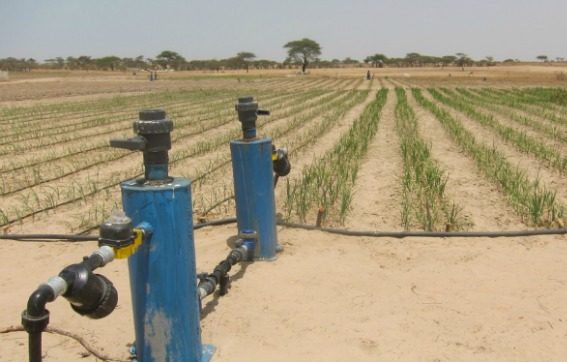
Israeli irrigation techniques allow crops to grow on desert land
A key component of this was Israel maximizing the potential of the non-arable Negev desert, which encompasses nearly fifty percent of Israeli territory, through the process of drip irrigation. This innovation, developed by Sholmo Blass, ensures that plants grow using “small, but steady drops of water… targeted at their roots” that is “brought to the crops” from a nearby water source such as a lake or reservoir. The method resulted in both water saved and yields that were “higher than any other irrigation technique.” Through MASHAV, Israel has cooperated with over a hundred countries to provide individuals training on water management and irrigation using these techniques.
Has this development outreach provided tangible benefits for Israel? Israeli scholar Ayre Oded asserts that international aid has “remained an important arm of the Ministry of Foreign Affairs in its efforts to enhance Israel’s standing.”
An example of these principles translating into successful diplomacy is Zambia in the 1990s. When Frederick Chiluba won the Zambian presidential elections in 1991, he immediately reinstated diplomatic relations with Israel. As the new Israeli ambassador presented his credentials, Chiluba said that one of the factors motivating him to reinstate relations was his desire to renew MASHAV’s activities in the country. In fact, one of the representatives in Zambian parliament was quoted as saying that they “wanted the Israelis to come back because ‘ten of them’ had done more than the thousands of foreign advisors currently at work in Zambia.”
The Zambian example demonstrates how diplomatic results can blossom from sustained development efforts. It also exemplifies how there is a practical as well as an altruistic, “Jewish” angle to Israel’s outreach.
Israel will continue to be a key bellwether in understanding how technology will redefine both development and diplomacy in the 21st century.
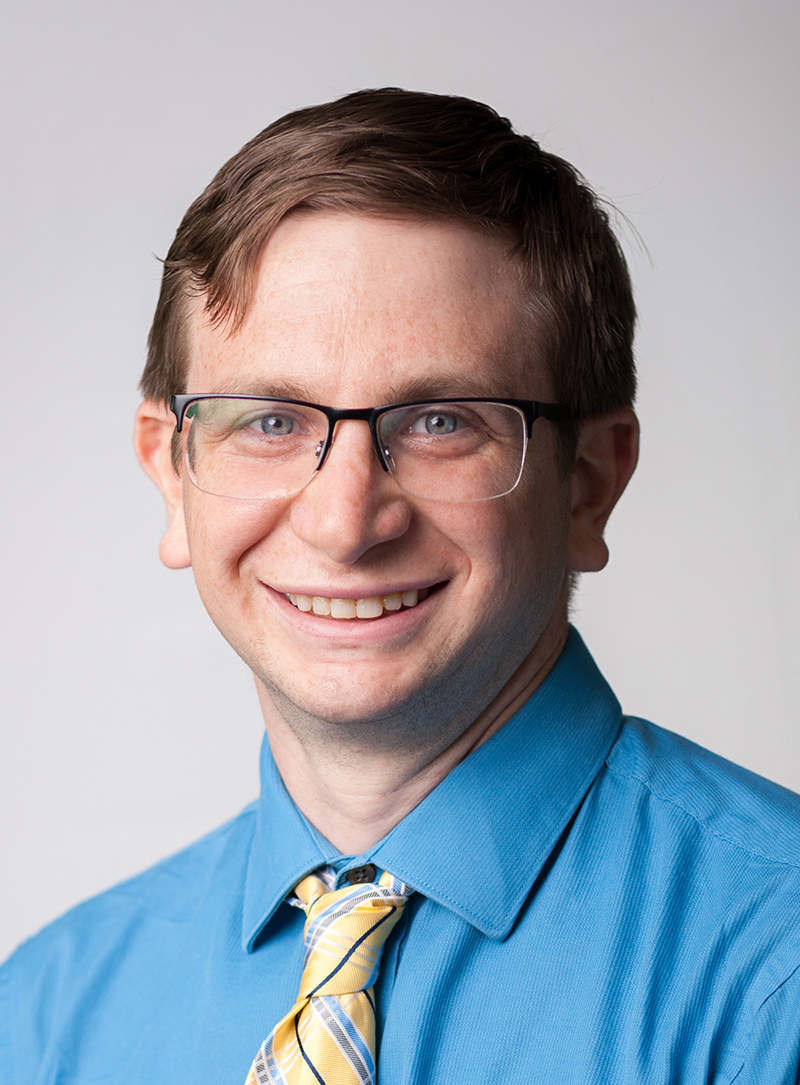 Sam Gordon is currently a first-year master’s student at the Jackson School for International Studies concentrating on the Middle East. He is from Florida and attained a bachelor’s degree in 2014 from Florida State University majoring in History and International Affairs. After graduation, Sam moved to Jerusalem and worked as a research assistant at the Jerusalem Center for Public Affairs. He conducted research on topics including diplomacy and human rights in the Middle East. He also spent nine months living and working in Prague, where he absorbed a great deal about Jewish communities of Central Europe. For his Graduate Fellowship project, Sam plans to investigate the role Israel will play in the newly forming international order as well as the challenges and opportunities it faces on a global scale. His research interests include Israeli foreign policy, geopolitics of the Middle East, and the intersection between technology and foreign policy.
Sam Gordon is currently a first-year master’s student at the Jackson School for International Studies concentrating on the Middle East. He is from Florida and attained a bachelor’s degree in 2014 from Florida State University majoring in History and International Affairs. After graduation, Sam moved to Jerusalem and worked as a research assistant at the Jerusalem Center for Public Affairs. He conducted research on topics including diplomacy and human rights in the Middle East. He also spent nine months living and working in Prague, where he absorbed a great deal about Jewish communities of Central Europe. For his Graduate Fellowship project, Sam plans to investigate the role Israel will play in the newly forming international order as well as the challenges and opportunities it faces on a global scale. His research interests include Israeli foreign policy, geopolitics of the Middle East, and the intersection between technology and foreign policy.





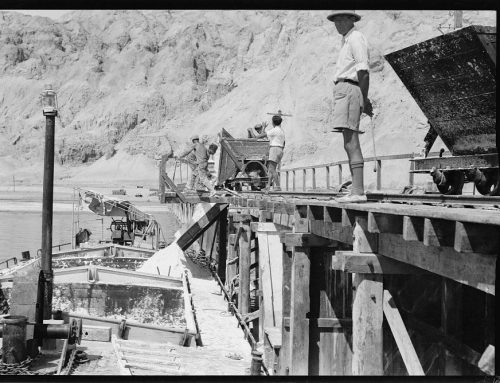
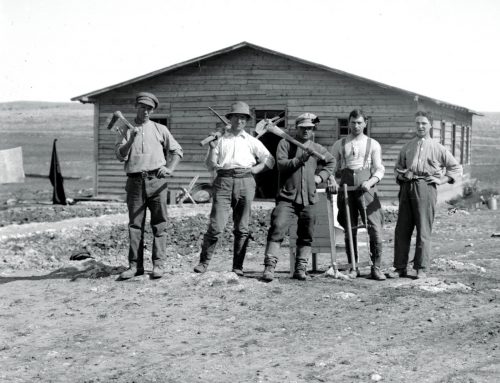
Leave A Comment